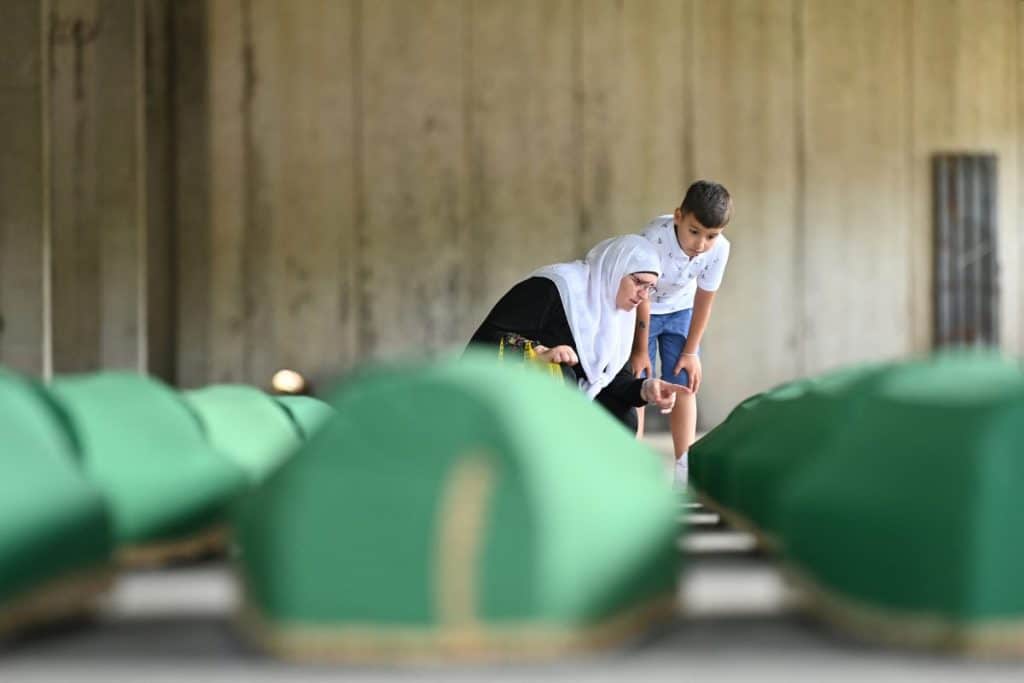On Tuesday, the association called “Mothers of the Srebrenica and Žepa enclaves” joined the demands from BiH to prevent the possible engagement of members of the Croatian Army in the international military mission in that country.
As announced by that association, they requested this in a special letter addressed to UN Secretary General Antonio Guterres and his envoy for the prevention of genocide, Alice Wairimu Nderita.
They were invited to prevent the intention of the Croatian government to engage militarily in Bosnia and Herzegovina through the European Union Althea mission, that is, through the forces of EUFOR.
They justified this request with the claim that the International Criminal Tribunal for the former Yugoslavia (ICTY) established through five of its judgments that during the war from 1992 to 1995, “Croatia participated in the aggression against BiH and that the Croatian army was engaged in order to occupy part of BiH and annexation to the Republic of Croatia”.
“We invite you, in accordance with the Convention on the Prevention and Punishment of the Crime of Genocide and the Action Plan of the UN Secretary General from 2007, to prevent the intention of the Croatian government to militarily engage its armed forces in BiH through the UN and NATO through the Althea mission,” it is stated in explanation of the association that gathers the family members of Bosniaks who disappeared and were killed in Srebrenica and Žepa in 1995.

The action plan from 2017 that they mention refers to measures that the UN can take against states that obstruct justice processes against perpetrators of war crimes.
The “Movement of the mothers of the enclaves of Srebrenica and Žepa” classifies Croatia in that category based on the statement that the chief prosecutor of the ICTY, i.e. the current Mechanism for International Criminal Courts (MICT), reported to the Security Council in 2015 that Croatia was not cooperating in the prosecution of war crimes perpetrators.
“We believe that these are attempts by Croatia to destabilize Bosnia and Herzegovina again at the given moment and that the UN, through its mechanisms, must stop the malicious actions of the Croatian government,” the letter reads.
This Bosniak association thus joined the position of BiH Presidency member Željko Komšić, who earlier asked the Secretary General of NATO to prevent the participation of soldiers and officers from Croatia in some of the missions in BiH.
Komšić reacted at the moment when there was a possibility that Russia in the UN Security Council would block the extension of EUFOR’s mandate, which would then open the way for the peacekeeping mission in BiH to be taken over by NATO, which was given this task by signing the Dayton Agreement.
Komšić’s argument was that Croatia was an aggressor during the war and therefore cannot be in a peacekeeping mission.
Track N1 via Android apps | iPhone/iPad and social networks Twitter | Facebook | Instagram.

